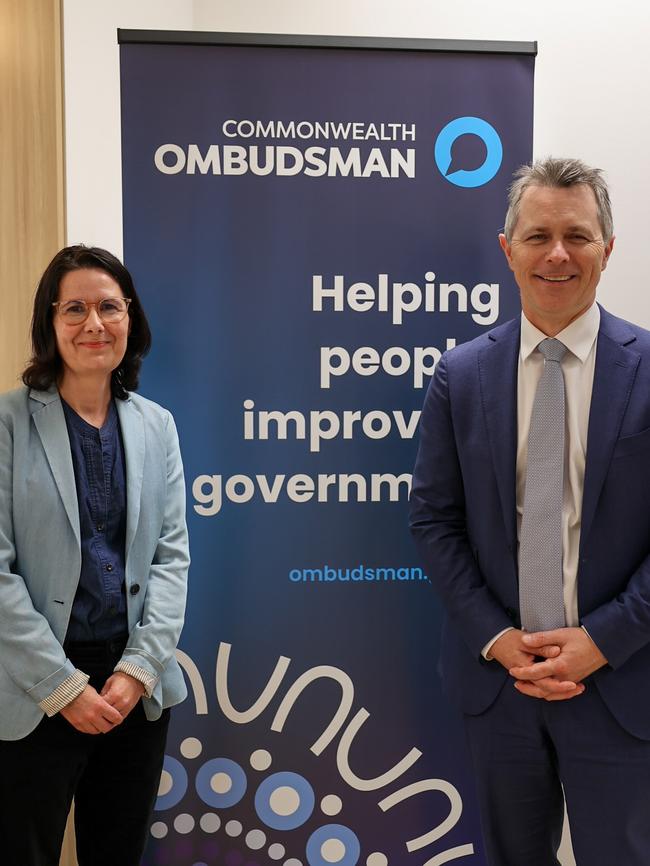New National Student Ombudsman Sarah Bendall to tackle campus anti-Semitism, sexual assault
With the power to probe assault and rape allegations without involving police, Australia’s first National Student Ombudsman has outlined her immediate priorities.

Australia’s first National Student Ombudsman will prioritise complaints about “shameful’’ anti-Semitism and sexual assaults at universities.
Wielding the powers of a royal commission to investigate universities, the ombudsman will be able to probe assault and rape allegations without involving police.
In her first interview, lawyer Sarah Bendall said she would use her new role to tackle antiSemitism, racism and rape on campus. “Anti-Semitism at universities this year is a significant safety risk for students, and we’ll be ready from day one to assist in handling complaints about anti-Semitism and racism more broadly,’’ she said.
“I am deeply alarmed by the stories coming forward from Jewish students. As we open our doors (on February 1), we’ll be making sure the sector does do better.’’
Ms Bendall is one of Australia’s most experienced consumer investigators and mediators, who most recently worked as chief dispute resolution officer at the Victorian Department of Justice and Community Safety.

She started work this week after federal parliament established her role – technically as First Assistant Ombudsman in the Office of the Commonwealth Ombudsman – with support from all political parties.
Ms Bendall said she would also focus on student complaints about rape and sexual assaults on campus – and could even help students go to police.
“I’m surprised and appalled by the figures of gender-based violence at Australian universities, like I’m sure all Australians would be,’’ she said. “I think it’s shameful that one in 20 students are reporting sexual assault, and one in six sexual harassment.
“We’ll be absolutely prioritising ways that we can support the sector to do better in that space.’’
Universities Australia commissioned the first National Student Safety Survey, by the Social Research Centre, that exposed the high incidence of sexual assaults at universities in 2021.
Ms Bendall said her office could help students report sexual assaults to police but would not alert police without a victim’s permission. “We would never do anything without a victim-survivor’s consent,’’ she said.
“We can only investigate or undertake dispute resolution if the complainant consents to it, but if they withdraw consent that’s the end of what we can do.
“We don’t require a victim-survivor to go to police first, or to go to a university first, before they push a complaint about gender-based violence with us.’’
Ms Bendall said some students did not feel safe reporting rapes to police or universities.
“There are many legitimate reasons why a student may not trust a university to consider a sexual assault complaint or wish to go to the police,’’ she said.
“We’re designing services now that will enable us to support victim-survivors who haven’t done that yet, and to support them to find the right channels to help them do that.’’
Ms Bendall said her role was to focus on how universities responded to student allegations of assault. “Did they conduct a thorough and impartial investigation?’’ she said. “Did they take appropriate action?’’
Ms Bendall said she would “definitely support’’ a student to lodge a complaint with police or seek help from sexual assault services. “If a student did come to us first, we would make sure that they were safe, and if that was what they wanted to do, we would assist them to transfer to the police,’’ she said.







To join the conversation, please log in. Don't have an account? Register
Join the conversation, you are commenting as Logout